PROGRESS 2021 – Chenango County Historical Society: Lighthouse for local history
Chenango County Historical Society (CCHS) is the primary organization in the county dedicated to actively and comprehensively preserving local history. The organization has temporarily ceased regular business hours and activities.
The Chenango County Historical Society is a nonprofit organization, and like many others, it was unable to hold regular fundraisers or events in 2020 but used online resources to reach the public and get support.
“You have to learn to be flexible and roll with the challenges. I had this philosophy early on about what we called the ‘great pause’ and how to embrace it and learn from it, and don’t waste this opportunity to make positive changes to your organization and the community,” said Chenango County Historical Society and Museum Executive Director Jessica Moquin.
The Historical Society has 14 members on the board of trustees. It currently operates within eight buildings.
The Chenango County Historian also works in one of those buildings, on the first floor of the James Flannigan Research Center, and they often work in collaboration.
Right around March 13, when the state ordered the lockdown, the CCHS closed its doors to the public. They briefly opened from the middle of September to the middle of November by appointment only for the fall exhibits, but then as the COVID cases rose they decided that it was more prudent to just continue focusing on virtual presentations.
Strategic planning avoided devastation
Much of the CCHS support comes primarily from private organizations, foundations, corporations and members.

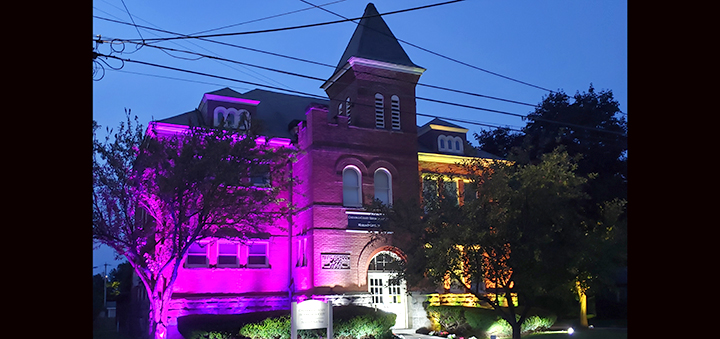

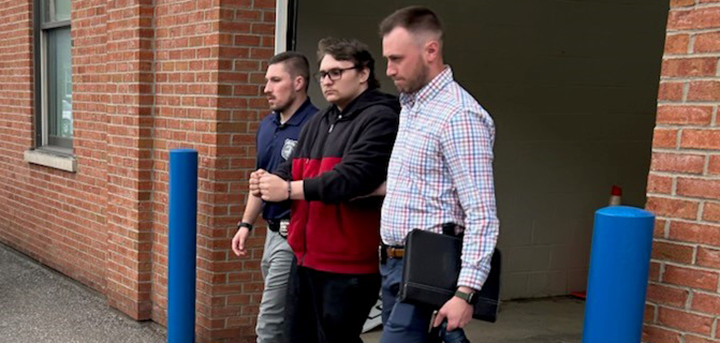
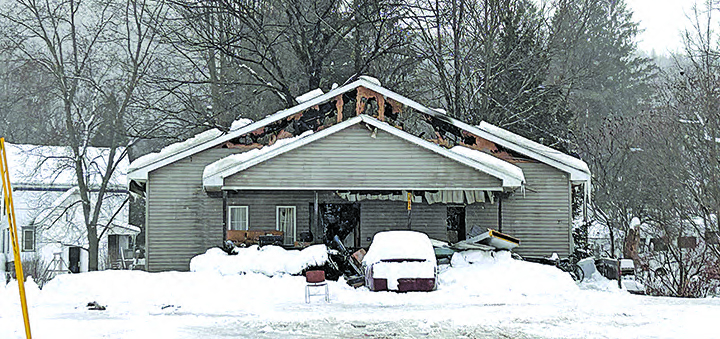
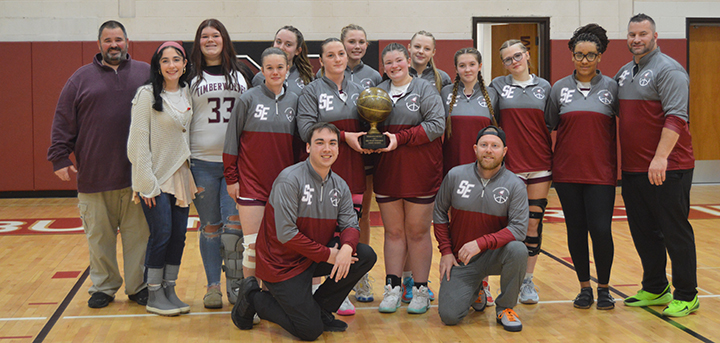
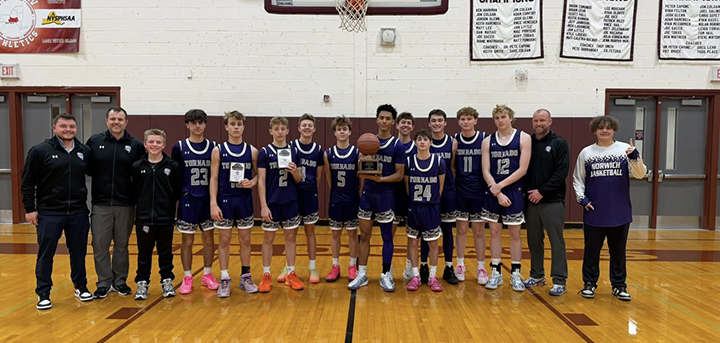
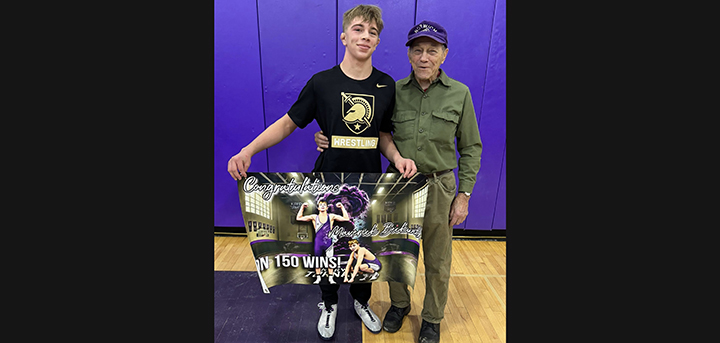
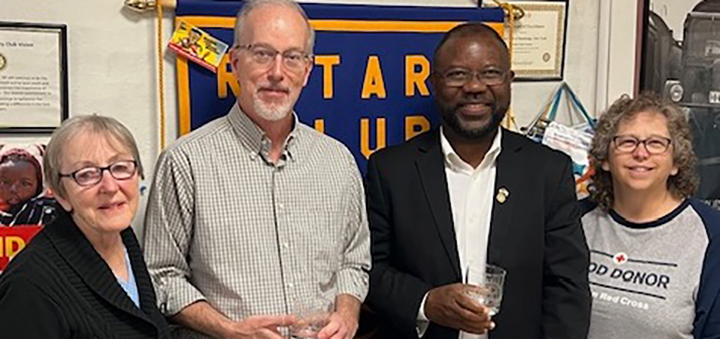

Comments